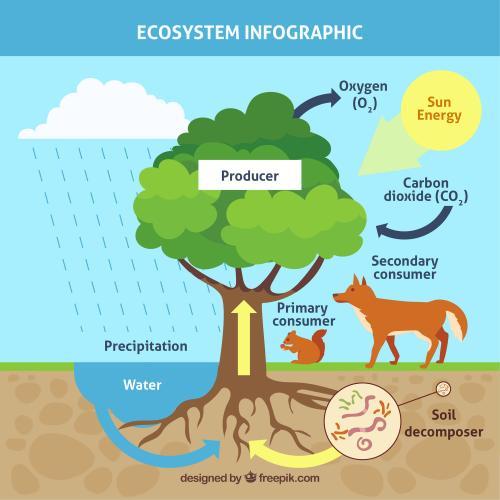
Climate change poses a significant threat to ecosystems around the world, including local environments. As global temperatures rise, weather patterns shift, leading to profound changes in ecosystems and biodiversity. These changes can disrupt the balance of nature, affecting both wildlife and human communities.
In many regions, climate change has led to more frequent and severe weather events, such as hurricanes, droughts, and floods. These events can destroy habitats, reduce food and water availability, and increase the spread of diseases. For example, rising temperatures in the Arctic have led to the melting of sea ice, threatening polar bears and other species that depend on ice-covered regions for survival.
Local ecosystems are also affected by changing temperatures and precipitation patterns. Forests may experience increased wildfires, pests, and diseases, while aquatic ecosystems can suffer from altered water temperatures and acidification. Coral reefs, which are highly sensitive to temperature changes, are experiencing widespread bleaching and death due to warming oceans.
Climate change impacts are not limited to natural ecosystems; they also affect agriculture, fisheries, and human health. Crop yields may decline due to changing weather conditions, leading to food insecurity. Fish populations can shift, affecting local fisheries and communities that rely on them. Additionally, the spread of vector-borne diseases, such as malaria and dengue fever, is influenced by changing climate conditions.
Mitigation and adaptation strategies are essential to address the impacts of climate change on local ecosystems. Reducing greenhouse gas emissions, protecting and restoring habitats, and implementing sustainable land and water management practices are crucial steps. Community involvement and education are also vital in building resilience and promoting sustainable practices.
By understanding the impacts of climate change and taking action, we can help protect our local ecosystems and ensure a sustainable future for all.